TEHRAN (Bazaar) –Nader Entessar, Professor Emeritus of Political Science from university of South Alabama says that If the JCPOA is ever revived, it will be due to the decisions of the E3 and the United States, especially if they are serious about implementing their obligations under the 2015 nuclear agreement; something that they have ignored almost since the JCPOA's inception.
“Given Rafael Grossi's increasingly hardening posture toward Iran and the IAEA's most recent report, I don't see any breakthrough on the horizon, at least in the near future,” Entessar told Bazaar.
Following is the full text of the Bazaar interview with Professor Entessar:
Q: Rafael Grossi, Director General of the International Atomic Energy Agency, is going to visit Iran on Thursday. What is your assessment of this trip and what will be his agenda?
A: Given Rafael Grossi's increasingly hardening posture toward Iran and the IAEA's most recent report, I don't see any breakthrough on the horizon, at least in the near future. The usual diplomatic statements will be issued and an obligatory press conference may be held but no substantive achievements will be made as a result of Grossi's upcoming trip to Tehran.
Q: A few days ago, the Bloomberg news agency announced that the inspectors of the International Atomic Energy Agency have identified 84% enriched uranium in Iran. Iran also announced that this is normal in the enrichment process, but Iran has not produced more than 60% enrichment in the final product. What is your assessment?
A: I think this latest development will add another layer to the already complicated political dance between Tehran and the IAEA. Of course, what Iran has said is technically correct, but if the IAEA determines that the amount of 84% enriched uranium found in Iran exceeds what occurs in the enrichment process, then Grossi will have to deal with more contentious issues than has been the case in the past.
Q: Some argue that Grossi's trip can provide the basis for revitalizing the JCPOA. Considering the prevailing conditions, do you agree with this assessment?
A: No, I am afraid I do not agree with this assessment. If the JCPOA is ever revived, it will be due to the decisions of the E3 and the United States, especially if they are serious about implementing their obligations under the 2015 nuclear agreement; something that they have ignored almost since the JCPOA's inception.
Q: Some experts believe that America has already implemented Plan B against Iran and the attack on Isfahan's military industries was probably done with the coordination of America. Do you agree with this view?
A: Yes, I generally agree with this view. However, we need to remember that the so-called “Plan B” is not a static one. Rather, it evolves and changes based on circumstances and has several components, one of which may be the military dimension of the plan.
Q: In addition to Grossi's trip, indirect negotiations between Iran and the United States regarding the revival of the JCPOA are underway. Iran has announced that it has received a message from America through Iraq, and America has also said that it has not sent any message to Iran. What is your assessment?
A: This is another dimension of the political game that Washington and Tehran have been playing. Since negotiations between the two main parties are conducted through various intermediaries, each side has the luxury of using the “deniability option” if it suits its interests.

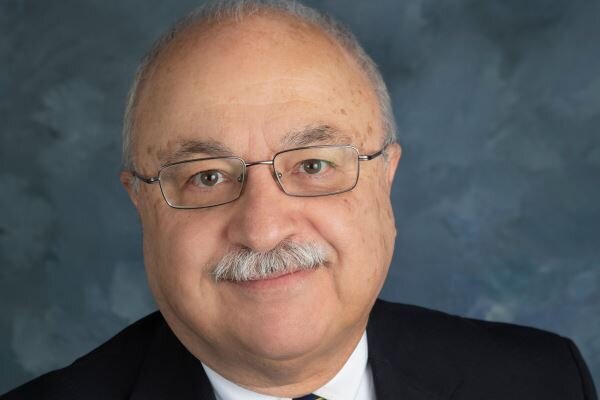




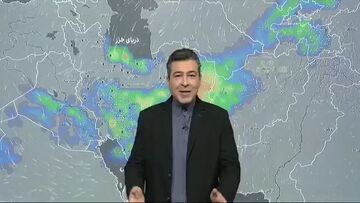

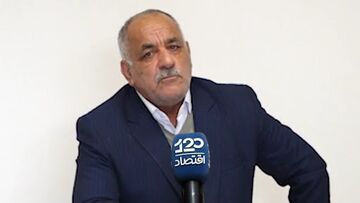
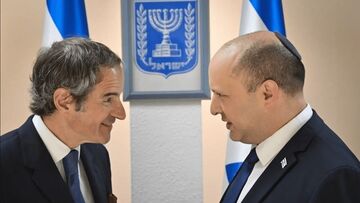

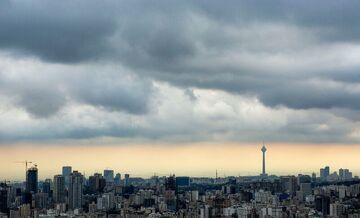
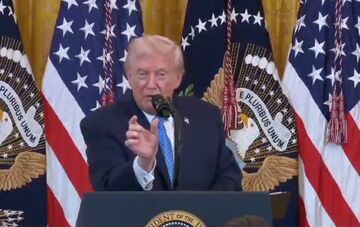
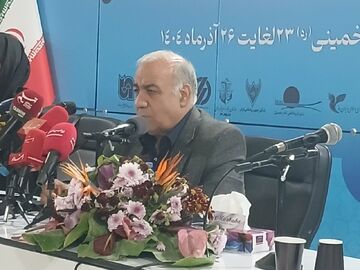
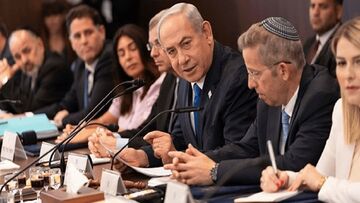

نظر شما